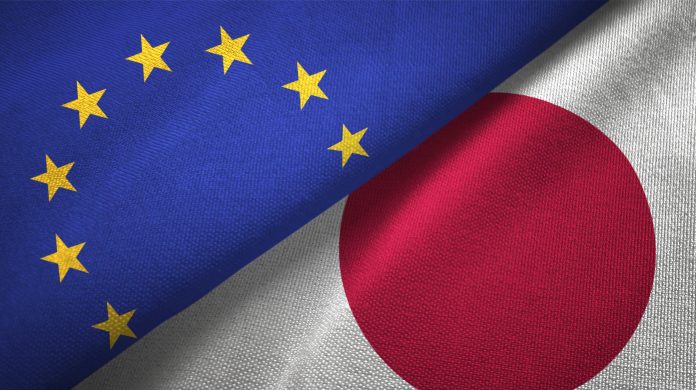We might be about to see a collaboration between Japan and Horizon Europe, with the European Union announcing ongoing discussions on the topic of Japan’s association to the research funding giant
Japan is negotiating its position in the EU’s research and innovation programme, Horizon Europe. If successful, this would mark Japan’s first participation in the closest form of cooperation in research and innovation that the EU offers.
Horizon Europe research and innovation
Horizon Europe is a key research and innovation funding programme. The programme allows collaboration between countries to help strengthen the research and innovation sectors.
Horizon Europe has expanded its programme to non-EU countries with strong innovation and technology profiles, including Canada, New Zealand, and South Korea. Japan hopes to become a part of this program by successfully negotiating its association with the program.
If they are successful, Japan can participate in Pillar II. Pillar II. focuses on addressing societal challenges through multinational collaborative projects
This collaboration would allow Japanese researchers to lead and coordinate projects, strengthen their relationships with European partners and other associated countries, and access EU funding.
Receiving EU funding
Horizon Europe currently has a funding of €93.5 billion for 2021–2027 and is a globally open programme. However, countries associated with it can receive additional benefits, such as equal access to funding as EU researchers.
If Japan is successful, this collaboration would be their closest collaboration with the EU. This would also support the EU’s goal of expanding partnerships with countries with strong innovation and science and technology capabilities.
Understanding Japan’s innovation relations
Japan has been Europe’s strategic research and innovation partner for over two decades. A bilateral cooperation agreement established in 2011 has been progressively strengthened, with a joint vision in 2015 and a Letter of Intent in 2020 to address global challenges together.
Strengthening this relationship further through Horizon Europe would align with their shared priorities, including achieving green and digital transitions.
Association: Japan and Horizon Europe
Horizon Europe has established a standard for global openness, recently associating Canada (July 2023) and finalising agreements with other countries like South Korea, which is expected to join by 2025.
Association with Horizon Europe represents the closest form of cooperation with non-EU countries, allowing organisations from associated countries to participate in program actions on equal terms with those from EU countries.
There are four categories of countries that are eligible for association with the program:
- Members of the European Free Trade Association (EFTA) that are also part of the European Economic Area (EEA).
- Acceding countries, candidate countries, and potential candidates.
- Countries participating in the European Neighbourhood Policy (ENP).
- Other third countries and territories that meet specific criteria related to their economic, political, and research and innovation systems.
These partnerships show the EU’s dedication to promoting international collaboration for scientific progress, resource pooling, and innovation.
Japan’s association would reinforce this trend while showing the EU’s strategic and reciprocal approach to global research cooperation.
New collaborations for Horizon Europe
This potential collaboration would benefit both sides: Japan and Horizon Europe.
Japan would gain access to new opportunities in European-led projects, helping to support its global research influence.
For the EU, Japan’s technological expertise and innovation abilities would complement its efforts to address challenges such as climate change, digitalisation, and societal resilience.
Commissioner Iliana Ivanova highlighted the importance of this step, emphasising that enhanced cooperation will accelerate solutions to critical global issues.
Horizon Europe prioritises excellence and openness, positioning the programme as a powerful tool for promoting vibrant innovation ecosystems across borders.
This negotiation shows the EU’s strategy to extend its research partnerships beyond geographical proximity, focusing instead on shared values and high scientific capacity. Japan’s inclusion would further maintain Horizon Europe’s impact, contributing to a more interconnected and innovative global research environment.











